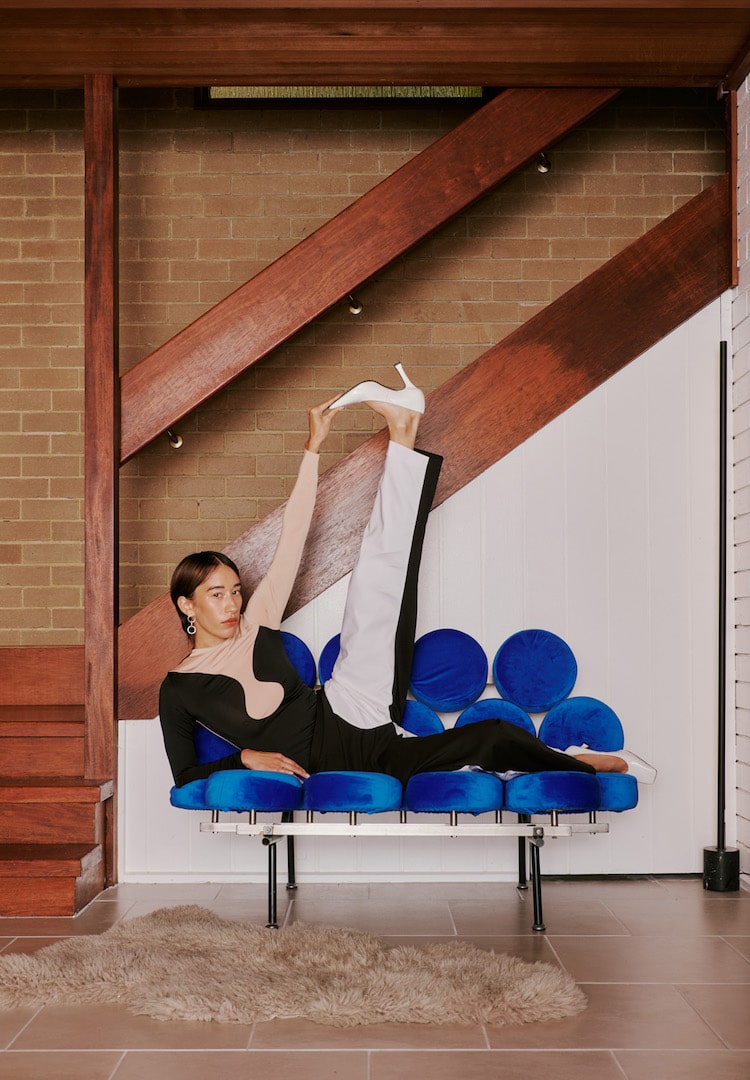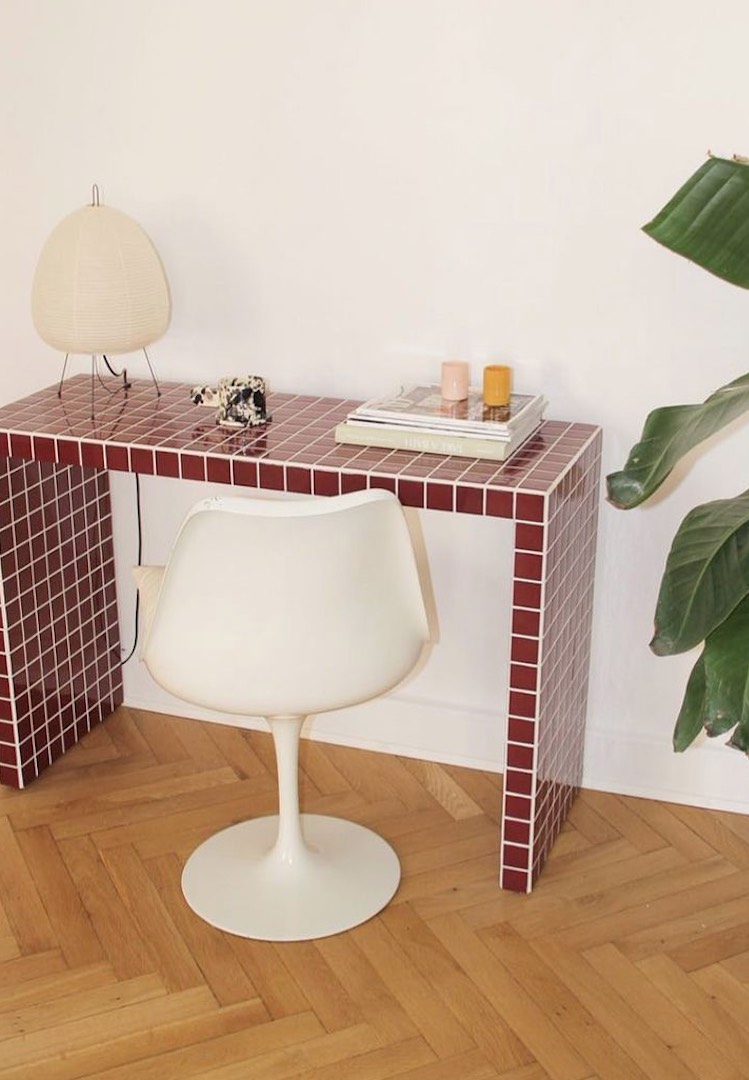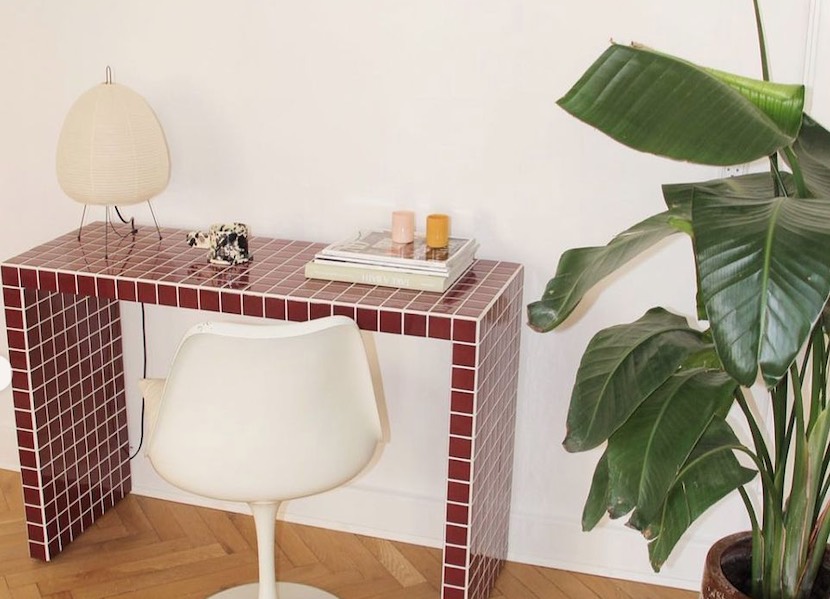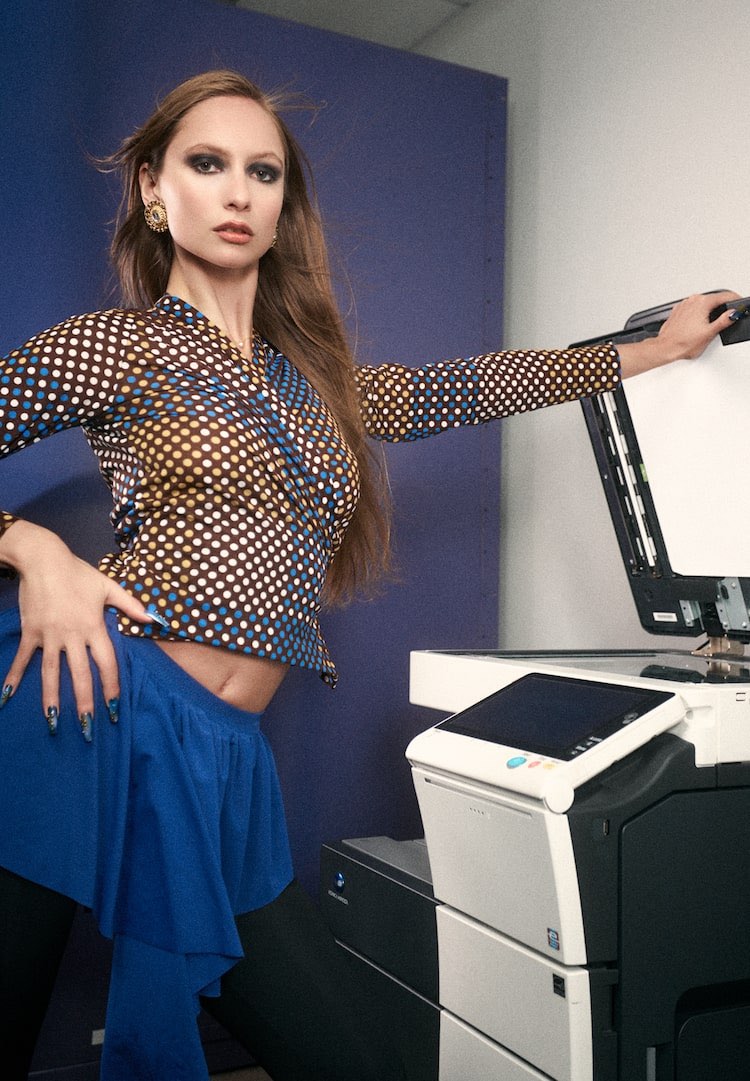What you can claim in this year’s tax return if you’ve been working from home
IMAGE VIA @IKONKBH/INSTAGRAM
WORDS BY SUNNY CHISHOLM
Time to take on your taxes.
The irony of last year is that of all the seismic events we were subjected to, we were left both speechless and incredibly vocal. Neologisms like ‘covid’ and ‘rona’ emerged and ‘pandemic’ and ‘unprecedented’ were contenders for Oxford English Dictionary’s word of the year, along with all the others words you’d expect from a year defined by COVID-19 (and the language that came with it). But, of all the terms that entered our vernacular, ‘working from home’ seems most permanent, further affirming its relevance with the acronym ‘WFH’, which I say, type and text on the daily.
Whether you loved it or hated it, remote working changed our lives and the conventions we’d been obeying for the better part of 200 years. For many, our commute suddenly became rolling out of bed and into the kitchen/lounge room/insert shared space here, and pyjama pants and Uggs became 2020’s unofficial work uniform. You already know this, because you lived it, but perhaps one of the biggest and most relevant perks of WFH, to you, right now, is the way it’ll affect your tax return.
Head here for tips on tackling tax as a freelancer.
I spoke to Lauren Thiel of The Real Thiel, an accountancy service for creatives, to help you get the phatest cheque possible. After that shitshow of a year, I think we’re all entitled to extra compensation wherever we can find it (legally, of course).
In five short years, Lauren has grown her client pool from a humble portfolio of five to 320 and counting. After speaking with her I quickly understood how she’s expanded her firm so rapidly – she is the reason for her own success. Far from your average accountant, Lauren considered accountancy during what she describes as a “pivotal moment which made me the woman I am today”.
She was “dancing with a burlesque beauties group for The Adelaide Fringe Festival and met a whole new group of people and business owners without much clue as to whether they were doing ‘it’ right”, ‘it’ being the management of cash flow, invoices, tax, and BAS statements that come with being a creative slashie or sole trader.
A product of her environment, Lauren is the daughter of a visual artist and an accountant and is driven by the fact that she doesn’t want any of her clients (acrobats, sex workers, comedians, dancers and writers, among many other professions) “to live a tough life”. She wants everyone “to be able to choose a career in the arts [and small business] that’s sustainable and purposeful” while still allowing financial freedom and sustainability. Yes, she cares about business, but ultimately it’s how much she cares about the person behind the business that sets her apart.
Claiming WFH expenses
Lauren makes it clear that “deductions are not about avoiding tax. They’re about paying the right amount of tax and not a cent more”. Here are some expenses that you can claim as a result of working from home, which are dependent on how you calculate these deductions (between the Fixed Rate Method, Actual Cost Method and Shortcut Method).
- Electricity and gas for cooling, heating and lighting
- Decline in value of home office furniture (desk, chair) and furnishings
- Decline in value of phones, computers, laptops or similar devices
- Phone expenses
- Internet expenses
- Cleaning (if you use a dedicated area for working)
- Computer consumables and stationery (such as ink)
If, like me, you want to use the method that involves the least maths, the Shortcut method (like the name implies) is a big timesaver. Lauren explains that it’s “been introduced in response to the multitudes of people now working from home. It is only temporary, and can only be used to calculate home office expenses” and similar to the Fixed Rate Method, you need to multiply the hours worked from home by the accelerated rate 80 cents (per hour). Even better, to apply for this method, “you don’t need to have a specific work area, but you are still required to keep a record of hours worked from home”.
Lauren adds that “as a sole trader with a home based business, you may be able to claim running expenses and occupancy expenses used for business purposes as a deduction”. These are expenses incurred in owning, renting or using your home and include:
- Interest on mortgage
- Rent
- Council rates
- Land taxes
- Home and contents insurance premiums
However, to claim these occupancy expenses, you must meet a few conditions such as having an area set aside in your home that is specifically for work purposes, the area being clearly identifiable as your place of business (ie. you have a sign at the front of your house) and your home being open for visits from clients.
“If you pass this test, you can claim occupancy expenses, but be very wary – if you own your home (not rent) and claim like this, then you may be slugged with Capital Gains tax if you sell your home,” so Lauren advises to always consult your accountant to be sure.
Mo’ money, mo’ problems, mo’ tax
More tax can also mean more tax deductions, and Lauren explains that “there are so many laws around what constitutes a deduction, to what extent, by who, and in which year”. Here are some prompts to get you thinking about which may apply to you:
- Accounting fees: Paying a tax agent for their services is generally an allowable deduction.
- Advertising: You can claim a deduction for the total cost of advertising your services/business.
- Car expenses: If you use your car for your small business or for your “day job”, then you may be eligible for a deduction for the use of your personal vehicle. There are a few different ways to go about this, such as cents per KM, log book, and actual expenses.
- Computers and software: Xero, Adobe, Microsoft suite to name a few – just don’t forget that the deduction must be apportioned (split) between work-related and private use.
- Donations: Bearing in mind that there are specific rules around when you can claim a deductions for donations made.
- Education and professional development: Generally, ‘self education’ expenses are deductible when they have a connection to your current work or employment. They should maintain or improve the specific skill or knowledge required in your current work activities or result in, or was likely to result in, an increase in income from your current work activities.
- Insurance: Insurance expenses can be deducted for, to the extent the cost relates to a work-related asset (like photography equipment, or a laptop for example).
- Memberships (unions and professional bodies)
- Technical publications: You can get a deduction for the cost of buying or subscribing to journals and magazines that have a content specifically related to your employment or work, so long as they are not ‘general’ in nature.
When I asked Lauren for some parting advice, she said that if you’re looking for an accountant they should mean more to you than just being someone you visit once a year. “An accountant needs to be your friend who knows finance. They should be a long term investment in your life and someone who ultimately wants to not just facilitate, but be involved in your dream.” So, much like dating, spend some extra time looking for the right person for you.
The good news? Lauren is currently taking on clients and you can reach her here.










